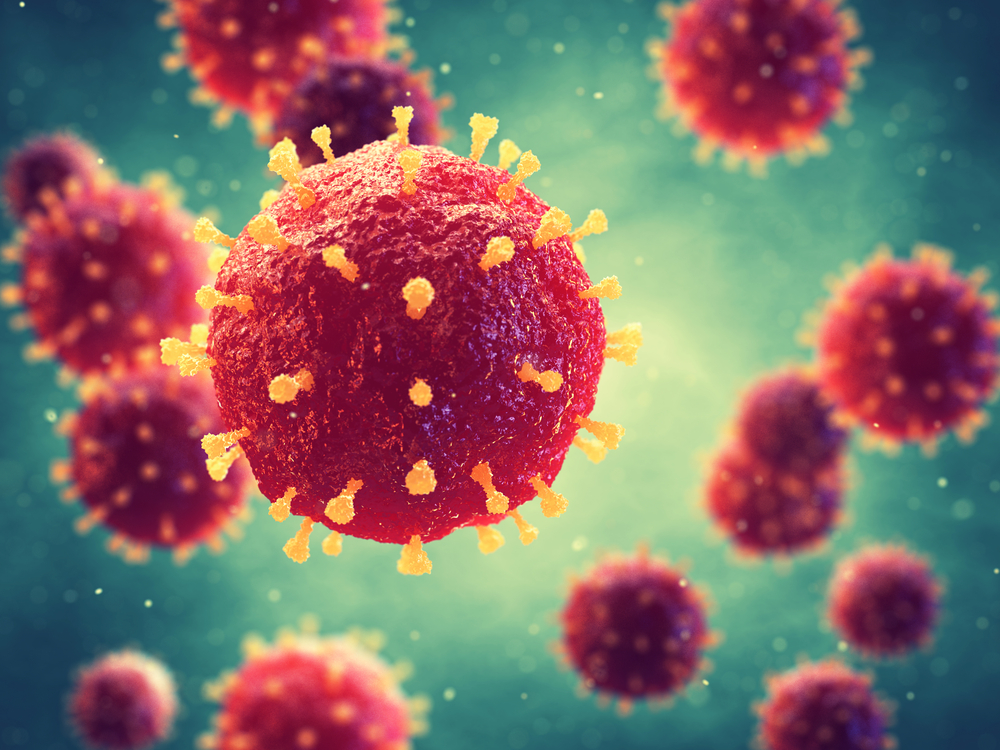Changes in Certain T-cell Proteins May Contribute to Autoimmunity
Written by |

Low levels of adenosine-regulating cell surface proteins on T-cells of patients with anti-neutrophil cytoplasmic autoantibody (ANCA)-associated vasculitis may contribute to autoimmunity, a new study suggests.
The study, “Changes in CD73, CD39 and CD26 expression on T-lymphocytes of ANCA-associated vasculitis patients suggest impairment in adenosine generation and turn-over,” was published in the journal Scientific Reports.
Extracellular adenosine is necessary for differentiation and function of T-cells, which are a major class of immune cells involved in autoimmunity, or immunity against oneself. Adenosine is produced through the combined action of two cell surface proteins, CD39 and CD73. Another surface protein, CD26, also plays a role in regulating adenosine concentrations by encouraging turnover of adenosine.
Patients with ANCA-associated vasculitis (AAV) exhibit significant autoimmunity, which suggests there is an issue of immune tolerance. In fact, the subtypes of T-cells that are found in patients with ANCA develop due to abnormal signaling by other T-cells. Prior studies also have identified that certain subsets of T-cells tend to have abnormal characteristics in this disease.
So, researchers at the University of Heidelberg in Germany hypothesized that T-cells from patients with AAV may have altered expression of the surface proteins CD39, CD73, and CD26, which lead to the aberrant T-cell phenotypes observed.
CD4 T-cells are a subset of T-cells called “helper cells” and function by signaling to other T-cells to destroy foreign pathogens. Results from the study indicated that in AAV patients, the protein CD26 was increased in CD4 T-cells, while CD39 and CD73 were decreased in T-cells.
Specifically, among the CD4 T-cells, CD73 expression was significantly reduced only in memory (long-term) cells, which are a specific type of CD4 T-cells. In CD4-negative T-cells, CD73 expression was significantly reduced in both naïve (short-term) and memory cells.
microRNA-31 is known to indirectly inhibit the production of the CD73 protein. Researchers found that, unexpectedly, miR-31 was reduced in AAV patients, but also found that CD73 levels positively correlated with miR-31 levels.
CD73 levels were also negatively correlated with serum C-reactive protein (CRP) and positively correlated with glomerular filtration rate. High serum CRP levels indicate inflammation and therefore, CD73 may have an effect on decreasing inflammation. Increasing glomerular filtration rate indicates better renal function, and a connection between CD73 and renal function has been described in literature before.
Interestingly, there was no correlation found between CD73 levels and disease activity, relapse rate, or time since initial diagnosis.
Overall, the study has demonstrated there are reduced levels of CD39 and CD73 and high levels of CD26 on T-cells in AVV patients. But the authors claim their study “does not provide experimental evidence that adenosine concentrations are low in lesions of AAV patients and that this in turn underlies the pro-inflammatory milieu of such lesions. Nonetheless, the correlations found with CRP and renal function indicate a potential role for adenosine, but warrants further functional studies to underpin the clinical relevance of our findings.”





